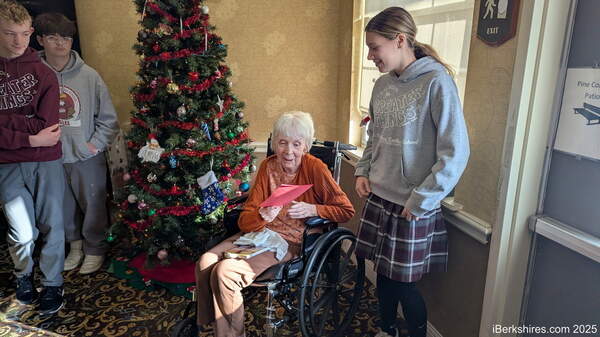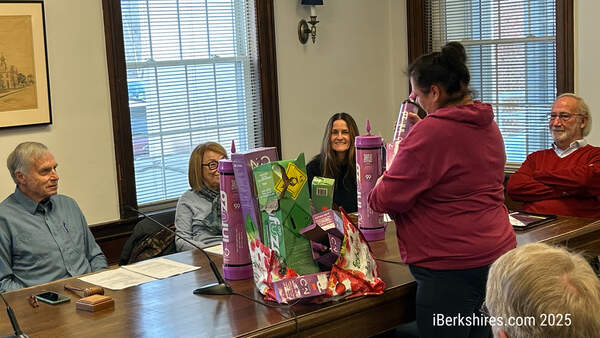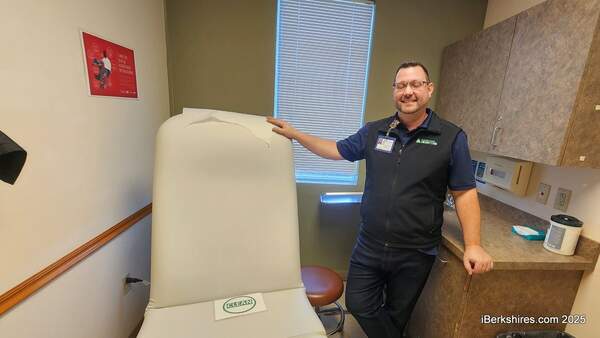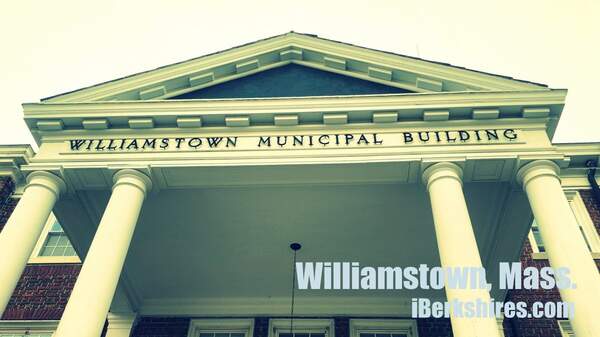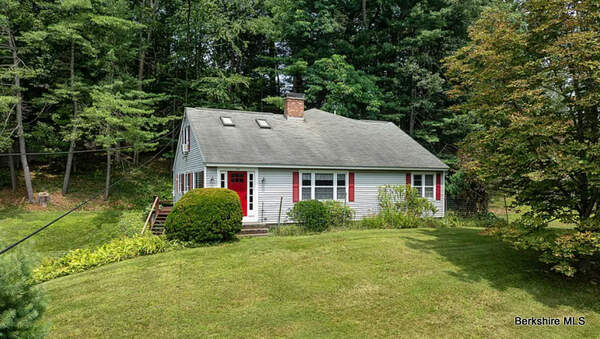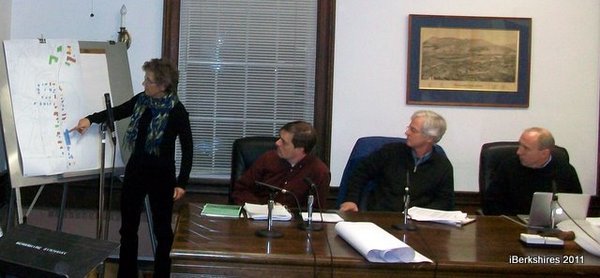
Water Street Businesses Open to Residential Use
 |
Faced with many vacant buildings and an idea to develop the former town garage site on Water Street, the Planning Board proposed changing the zoning bylaws to allow residential living on the first floor of Water Street properties, which currently is not allowed. But before going ahead, the board asked those who own that land to share their views.
"I'm on both sides," said Eric Reinhard, owner of both the Toonerville Trolley and the Water Street Grill buildings. "I think it is a good thing to rent to whoever you want to but it needs to have teeth to protect both sides."
While the Water Street Grill is a commercial property, Toonerville Trolley is a former residential building. Eventually, Reinhard might want the option to sell the Toonerville Trolley building as a residential home.
Allen Jezouit, owner of 173 Water St., agrees. Jezouit said his initial reaction was in favor of the transition because it allowed him to do more with the property. However, when he got to thinking about it, he began to fear that an increased residential presence could hinder the business. Residents could complain about any additional signage, lighting or the time of deliveries that could restrict his business growth, he said.
"I would hate to be short-sighted and change it to residential because it makes it dead," Reinhard said. "There is a demand for housing and you could lose five or six businesses."
Plum Gallery owner Nicholas Whitman said there is plenty of commercial space available on Spring Street for prospective businesses right now.
Selectman Thomas Costley, who stopped in to share his opinions, said prospective buyers for residential housing are looking to be close to the businesses.
"I think we need to get out of the way. They know they aren't moving into suburbia, they're moving to the center of town," Costley said. "If you allow more residential then the businesses will do better."
Costley said Spring Street currently is occupied at 60 percent capacity and the increase in customers will help fill that section of town.
Local attorney Jamie Art has been advocating for the change for a client of his who is unable to find business interest. Art said the tax burden should not be switched to residents while the town waits for a business to open shop.
Yet Don Dubendorf, a local attorney who has done a lot of work with zoning, cautioned that the changes will produce a lot more work that just switching the
A single-family home would not produce the amount of energy the town wants in the center, whereas apartments will bring more people who will be more transient and not fight the businesses, he said.
Changing the zoning, said Dubendorf, comes with a lot of unseen and complicated aspects. The board will have to add language to manage growth on the street and determine the type of residents the town wants.
"We want a lot of activity and single-family homes seem to dampen that activity," Planning Board member Ann K. McCallum said.
After debating a few ideas to manage that growth, the board decided to start small and make the needed changes as they come up.
Changes to the zoning must go to a vote at town meeting.

